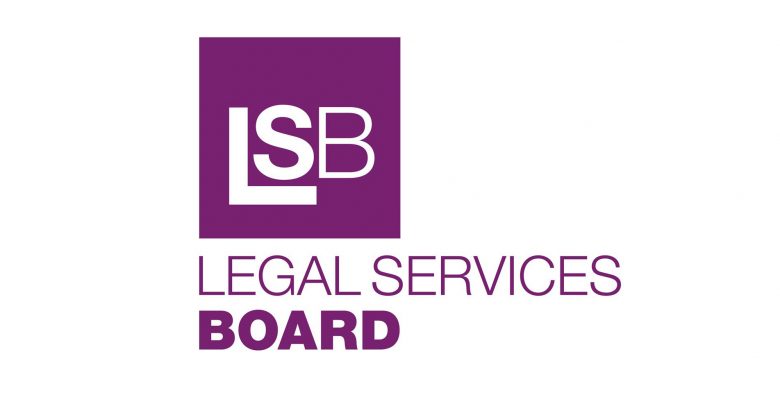
LSB set out how regulators can use technology to increase access to legal services
The Legal Services Board (LSB) has outlined how legal services regulators can actively support technology and innovation that safely increase access to legal services. By working together, regulators can create an environment that ‘de-risks’ innovation and reduces uncertainty for tech providers and consumers.
The LSB makes it clear that regulation has an important role in removing perceived barriers to innovation, building consumer trust and confidence, and managing risks. Technology can help open the legal services market up to citizens and small businesses that are currently excluded. It can also improve service quality by enabling providers to deliver services in ways that better meet people’s needs.
The LSB also notes that technology carries risks that need to be considered and managed if its full potential is to be realised. This includes ensuring that those with low digital capability and digital literacy are not excluded from accessing essential services. The ethical and regulatory challenges of advanced technologies such as Artificial Intelligence must also be considered while ensuring they are not stifled.
The paper identifies several practical steps that regulators should consider and the questions they should keep in mind when considering their regulatory arrangements. The LSB notes that initiatives, such as the Regulatory Response Unit convened by Lawtech UK, demonstrate how regulators can collaborate to support innovation directly.
The paper also offers an overview of the research and evidence that the LSB and others have produced, and it draws together key themes.
Matthew Hill, Chief Executive of the Legal Services Board, said:
“Technology has the potential to improve access to legal services. It can enable citizens to get advice and support in a way, and at a time, that suits them. It can also help legal professionals carry out their work in new ways that make them more competitive, reduce costs and support growth.
“Covid-19 has accelerated the pace and scale of technological change, with many providers adapting and using technology to offer their services in new ways. We have started to see what is possible, but there is a long way to go to unlock the full potential.
“Regulation can help build on the momentum that Covid-19 has created and harness technology to reshape legal services to better meet the needs of society. Regulation can also help secure consumer confidence and build trust in new technology. Legal services regulators can take encouragement in opening up their regulatory arrangements to support new ways of delivering services for the benefit of consumers.
“As the oversight regulator for legal services, we have an important role in fostering innovation. From considering technology as part of our regulatory performance framework to exploring a statutory statement that can underpin proactive regulatory arrangements, we can create, and maintain, a regulatory environment that unlocks the role of technology and innovation in increasing access.”










